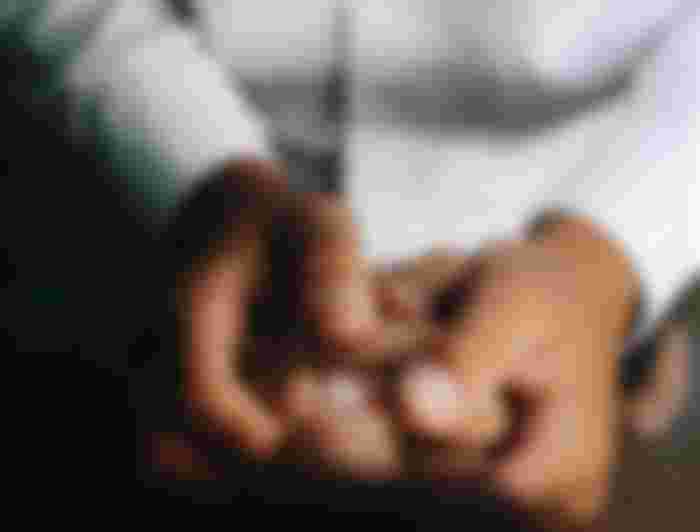
This is an excerpt from a lesson of a book written by Daryl Carnegie, and it goes as:
‘Some art editors demand that their commissions be executed immediately;
and in these cases, some slight error is liable to occur. I knew one art director in
particular who was always delighted to find fault with some little thing. I have
often left his office in disgust, not because of the criticism, but because of his
method of attack. Recently I delivered a rush job to this editor, and he phoned
me to call at his office immediately. He said something was wrong. When I
arrived, I found just what I had anticipated – and dreaded. He was hostile,
gloating over his chance to criticise. He demanded with heat why I had done so
and so. My opportunity had come to apply the self-criticism I had been studying
about. So I said: “Mr. So-and-so, if what you say is true, I am at fault and there is
absolutely no excuse for my blunder. I have been doing drawings for you long
enough to know better. I’m ashamed of myself.”
‘Immediately he started to defend me. “Yes, you’re right, but after all, this
isn’t a serious mistake. It is only—”
‘I interrupted him. “Any mistake,” I said, “may be costly and they are all
irritating.”
‘He started to break in, but I wouldn’t let him. I was having a grand time.
For the first time in my life, I was criticising myself – and I loved it.
‘“I should have been more careful,” I continued. “You give me a lot of
work, and you deserve the best; so I’m going to do this drawing all over.”
‘“No! No!” he protested. “I wouldn’t think of putting you to all that
trouble.” He praised my work, assured me that he wanted only a minor change
and that my slight error hadn’t cost his firm any money; and, after all, it was a
mere detail – not worth worrying about.
‘My eagerness to criticise myself took all the fight out of him. He ended up
by taking me to lunch; and before we parted, he gave me a cheque and another
commission.’
There is a certain degree of satisfaction in having the courage to admit
one’s errors. It not only clears the air of guilt and defensiveness, but often helps
solve the problem created by the error.
